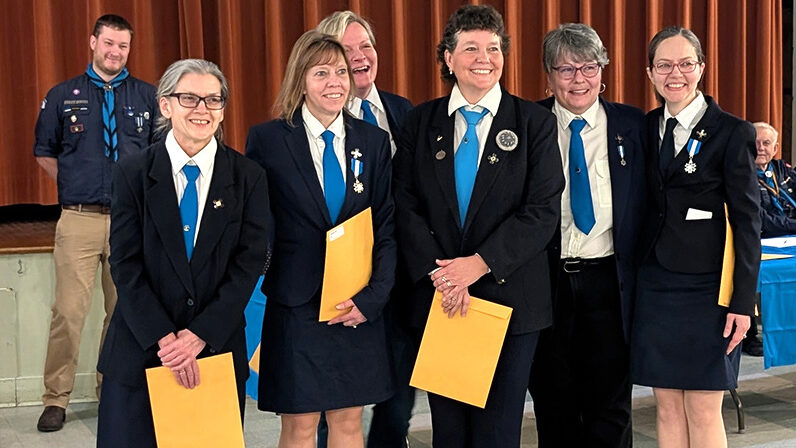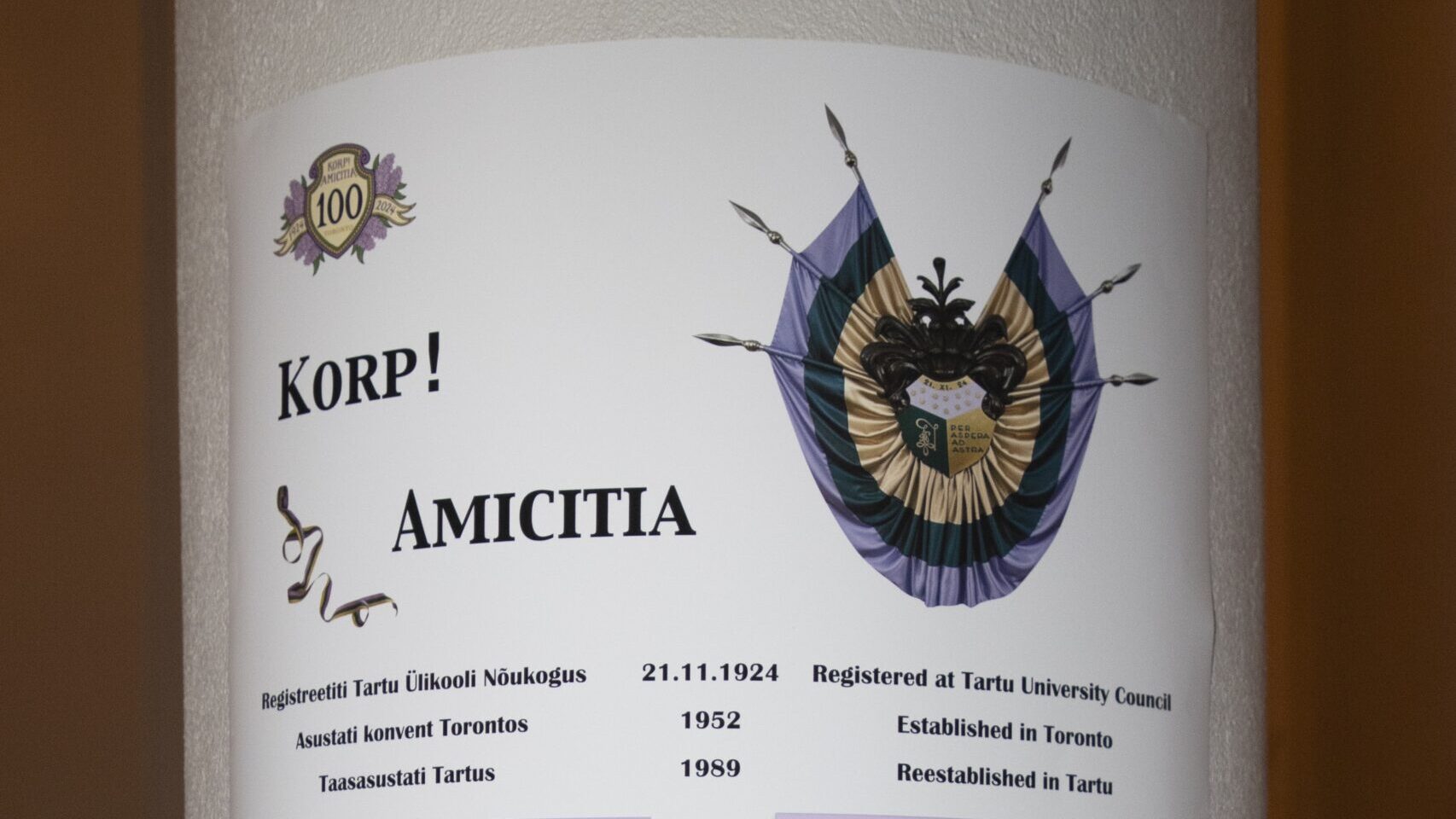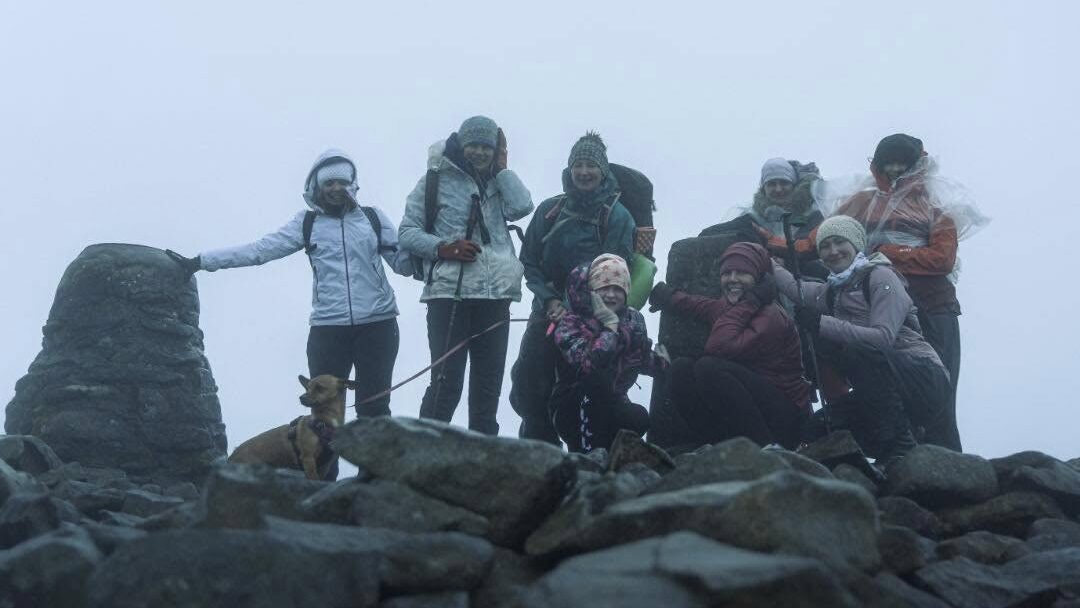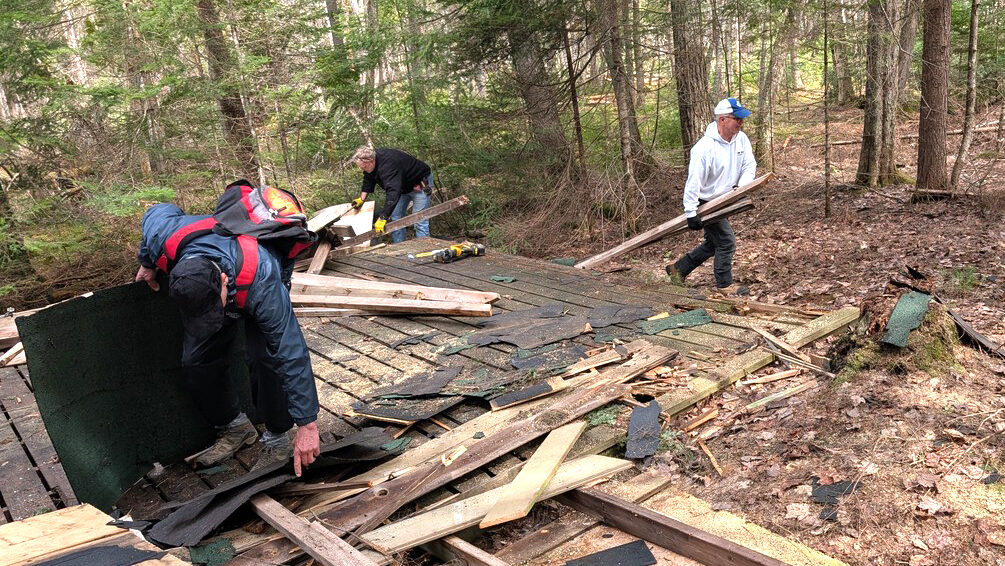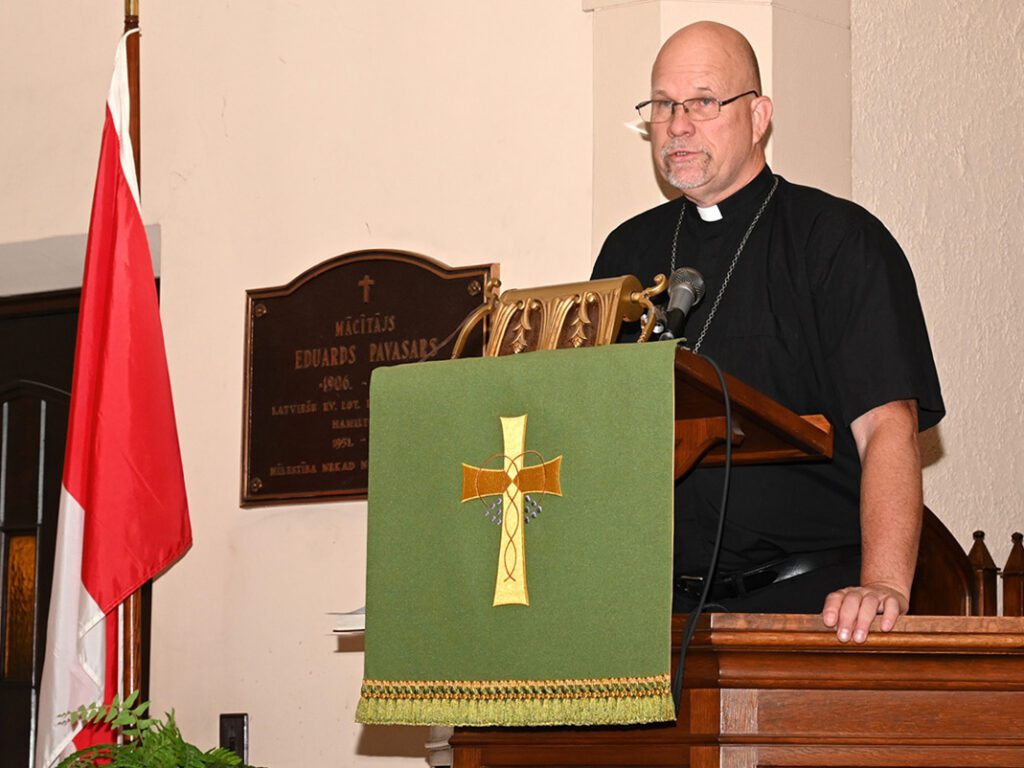
Having grown up in the émigré community, attending the Latvian church and school, as a youth going along with my parents to ceremonial events, some filled with joy but most very solemn, I know that there was very little that I could understand of it all. Someone from my generation, the first generation born in the country of resettlement, we obviously felt different from our parents, and especially our grandparents about the things that were being talked about.
Those photos took on greater meaning over time, because that was about the only visual context I had to connect me with all those speeches about independence lost and why it was so important to remain close to your people.
We may have been more patient than kids today, but even so, there were times when a speaker was only half way through and my mind had gone completely numb. Of course, as I grew and the capacity of understanding evolved, there were nuggets of information, viewpoints that were well argued as to the how and why of independence gained and independence lost.
One of my earliest memories of the word communist comes from an early age when my parents, knowing of my great interests in trains, bought me a very immense volume on the history of trains. I had leafed through the book and pored over it so many times that I remember the cover falling off of it. But there were a couple of pages in it – black and white grainy photos of pretty intimidating people wearing fur hats – I guess they would be called ushankas standing by a steam locomotive and some drab looking rail cars in the snow, and my father said, those are communists. And the way he said the word left nothing to doubt that they were something to be feared. Those photos took on greater meaning over time, because that was about the only visual context I had to connect me with all those speeches about independence lost and why it was so important to remain close to your people.
My grandmother felt it important for my brother and I to meet our relatives who remained behind, and for mom and dad to reconnect with their cousins, that she helped out with the tickets. And this first trip of more than several for me reinforced some of the things I had learned, but opened my eyes to a host of other realities, which for an 8 year old made me appreciate the blessings of living in freedom. Like, for instance, that we were in fact not allowed to travel outside of a certain zone, that we could really only see what the authorities would allow us to see. That at the port of entry in Riga we were told to strip down to our underwear. I remember how humiliating that was for my parents and grandmother. I remember how I was told quite often to hush, especially after I had said loudly on the Intourist bus – why are the wrong flags flying everywhere. Or when uncle Valdis risked it and took us somewhere outside of the sanctioned zone, and we were stopped by the authorities. Or when the black Volga was parked across the street from my mother’s relatives’ apartment.
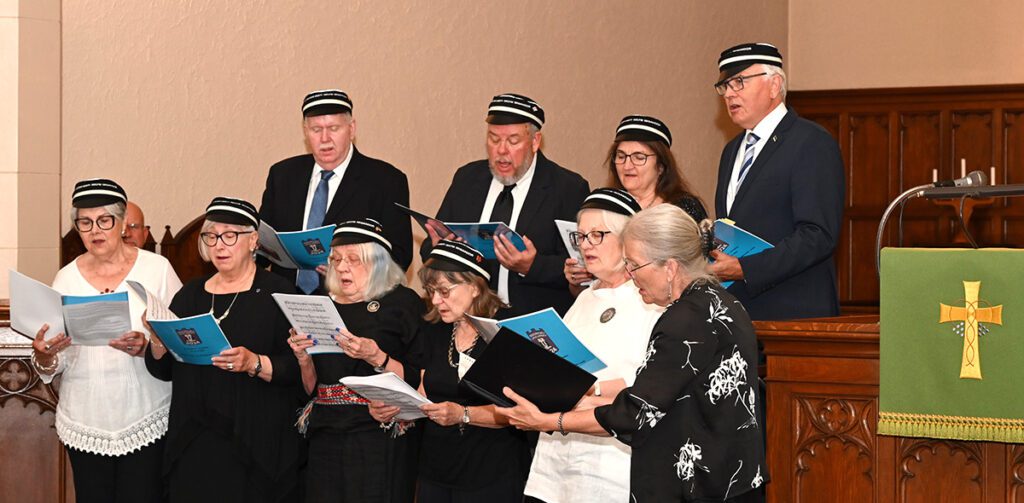
These mental images of memory are equally quite grainy and grey scale and they create a puzzle picture of what 1941 might have looked like just 33 years prior. Men with rifles in fur hats and long coats forcing people out of their homes, yelling at them, pushing shoving hitting humiliating decent folk, peace loving people. As they were subjected to a regime that suppressed not only speech but the thoughts of their hearts, we are left with a gaping chasm yawning with perplexing whys and what could have been done differently to have prevented such a thing from happening?
With equal force many ask, where was God in all of this? We have all heard this question, some have asked it themselves, and I dare say, there may be many more that haven’t asked it. And that wouldn’t be the only question we would ask of God. Maybe – God, how does it feel to be You, when children suffer? God, what is it like to be You when covenants are broken and all hell breaks loose on earth? What does this all look like to You from your vantage point?
Those tens of thousands of lost children to the taiga will never return home. Give them a proper place to rest, place a cross somewhere near where they lay, if even you know where to find them.
To the last question, if we truly believe the theological statement that God is omnipresent – then God could answer I see both from the inside and the outside. I see what is at the core of your heart and can look out at the world from within it. Every child, man and woman sees something different, so I too see anguish, I too see cruel joy at the expense of others, I see hatred and I know what kindled anger is like. And if you want to see my fury and my rage, not even a million bombs could compare. And yet I refrain, I just want my children to return home.
I see many with the soul of Rachel – those who refuse comfort until something significant is made right! Until that what was wrested from her protective hold is rightly returned to her. But she knows that it cannot be returned to her. Those tens of thousands of lost children to the taiga will never return home. Give them a proper place to rest, place a cross somewhere near where they lay, if even you know where to find them. I know where they were taken, and they are still mine.
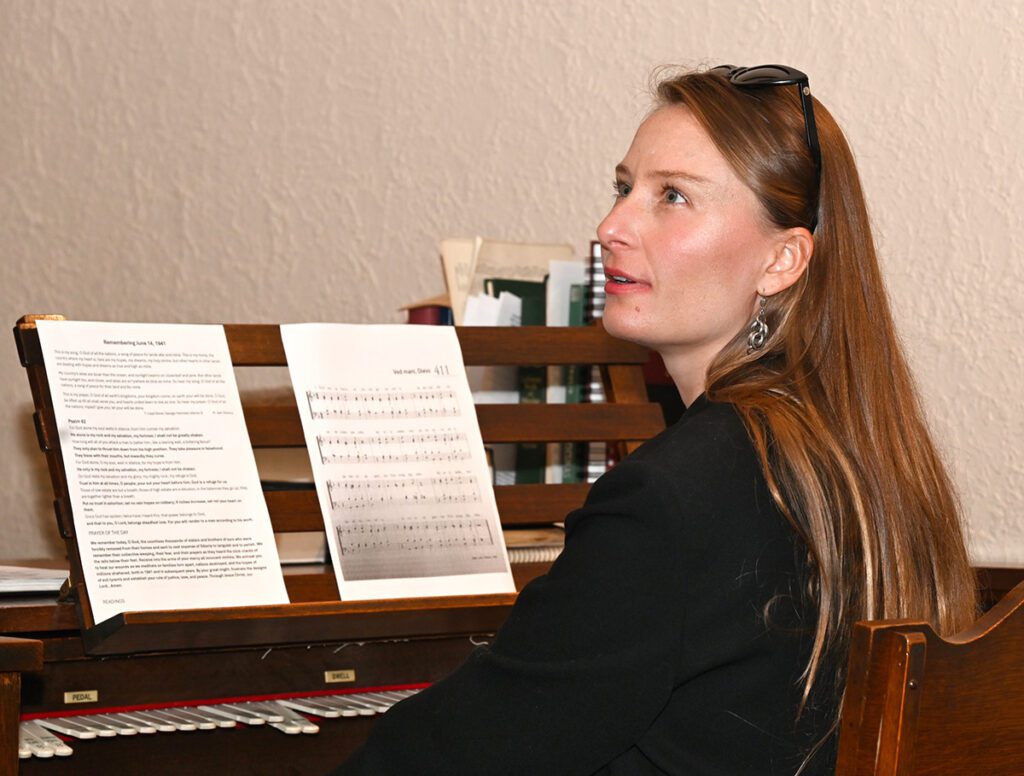
Even now with the world’s eyes on Ukraine, even with the admission that perhaps the Balts were right in their assessment of the USSR and Russia, the evil wrought by Russia will always be overshadowed by other evils, and we ask God – when will our plight be fully vindicated?
Maybe never. Or maybe we have been vindicated in part. Maybe the forgiveness we have needed was vindication enough to carry on with our lives and work – that we have been free to sing and dance, learn and create in many new and different ways. By our community events and coming together at the table we have been able to fulfill what Jeremiah wrote in the reading: Thus says the LORD:
“Keep your voice from weeping,
and your eyes from tears,
for there is a reward for your work,
declares the LORD,
and they shall come back from the land of the enemy.
There is hope for your future, declares the LORD,
and your children shall come back to their own country.”
I believe that as long as we have faith enough to endure the journey to our eternal home, prepared by God, then our faith to do good and not harm will be a reward in its own right. May God continue to bless our homelands and our communities abroad! AMEN
